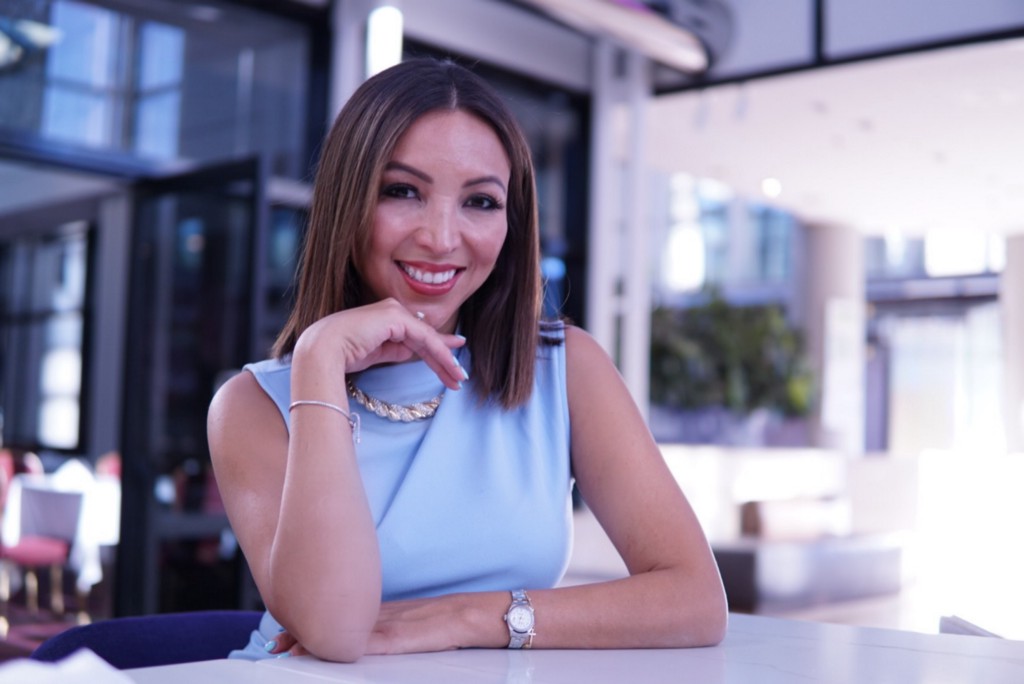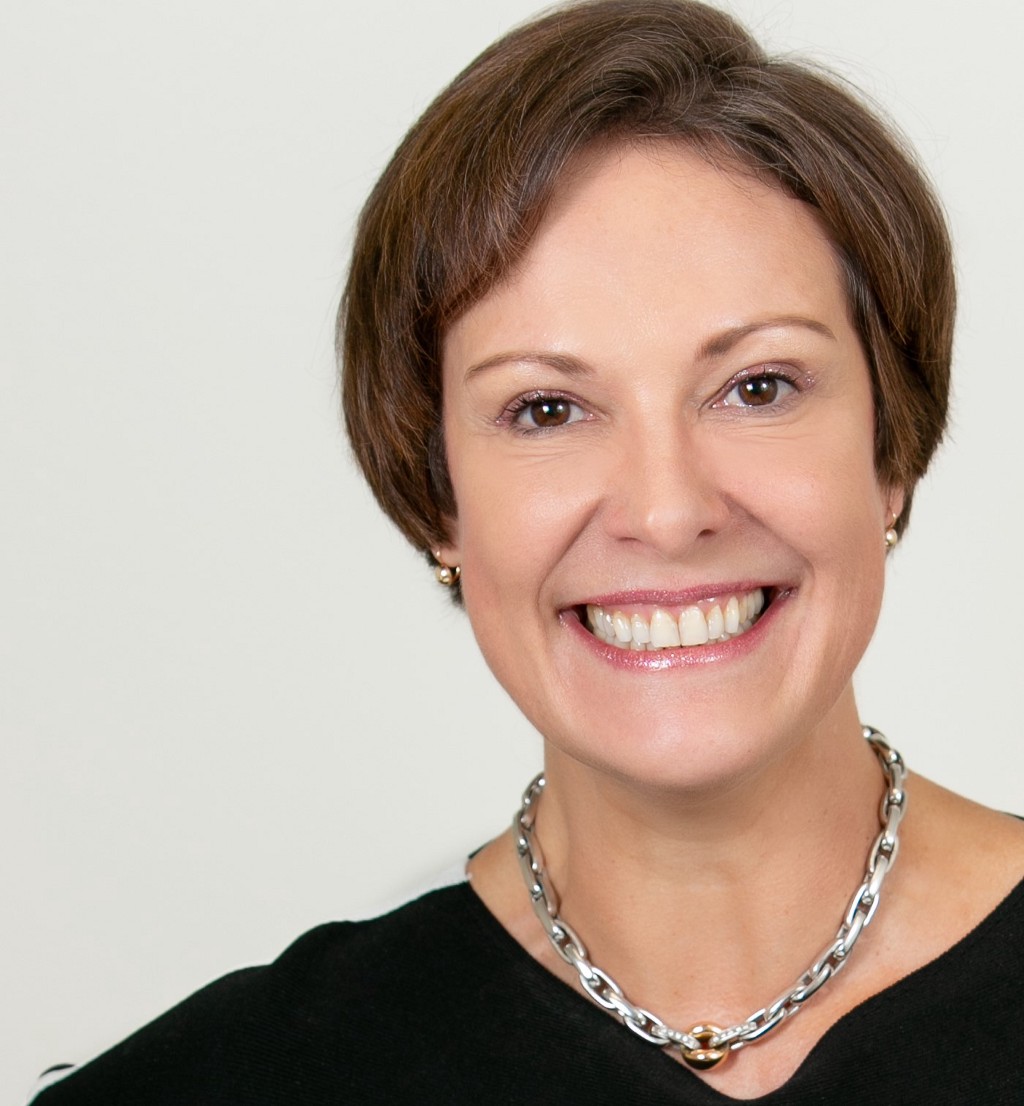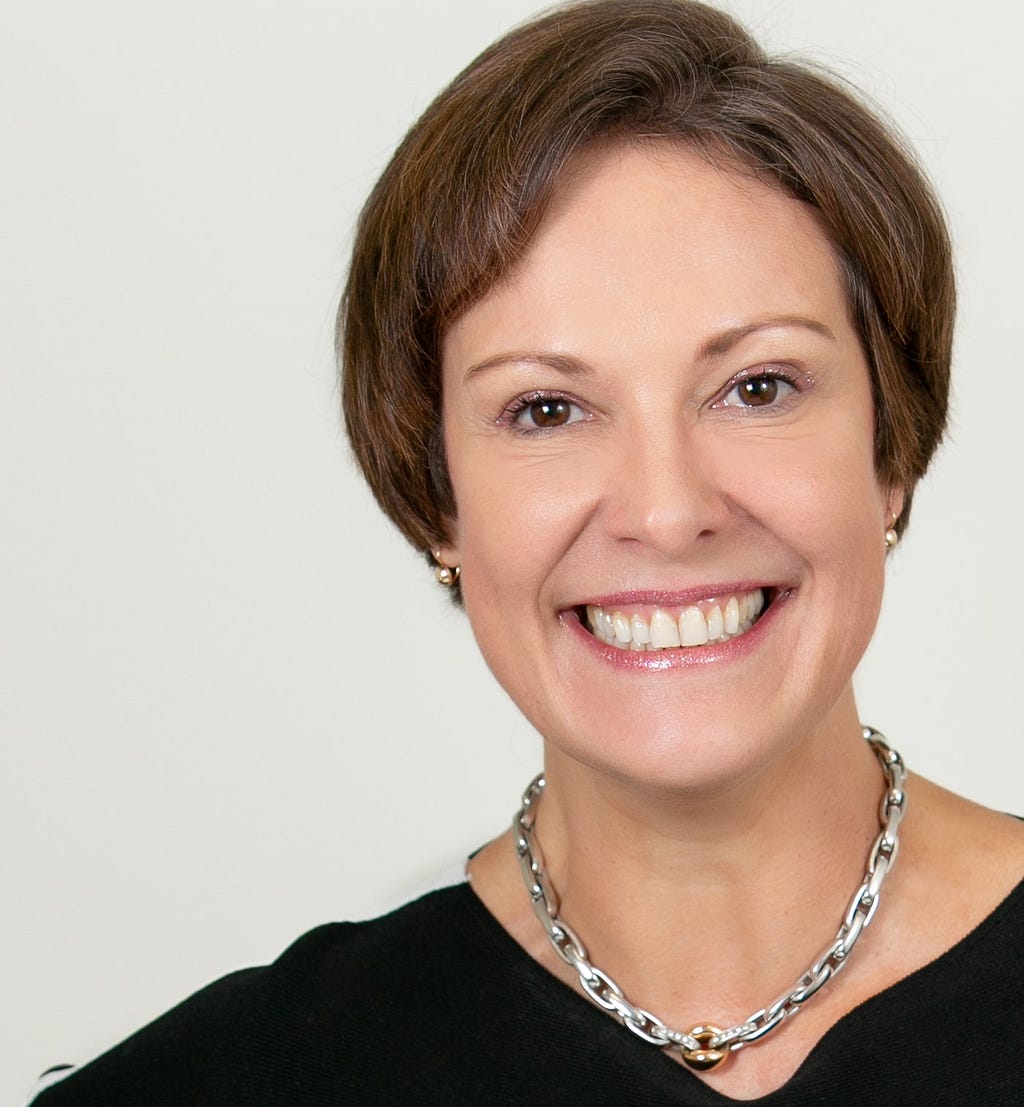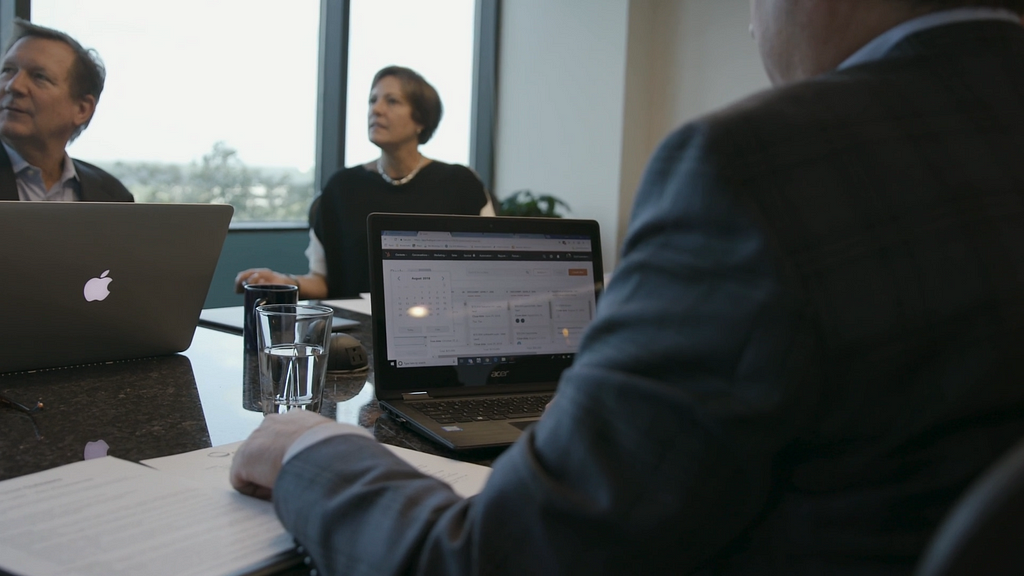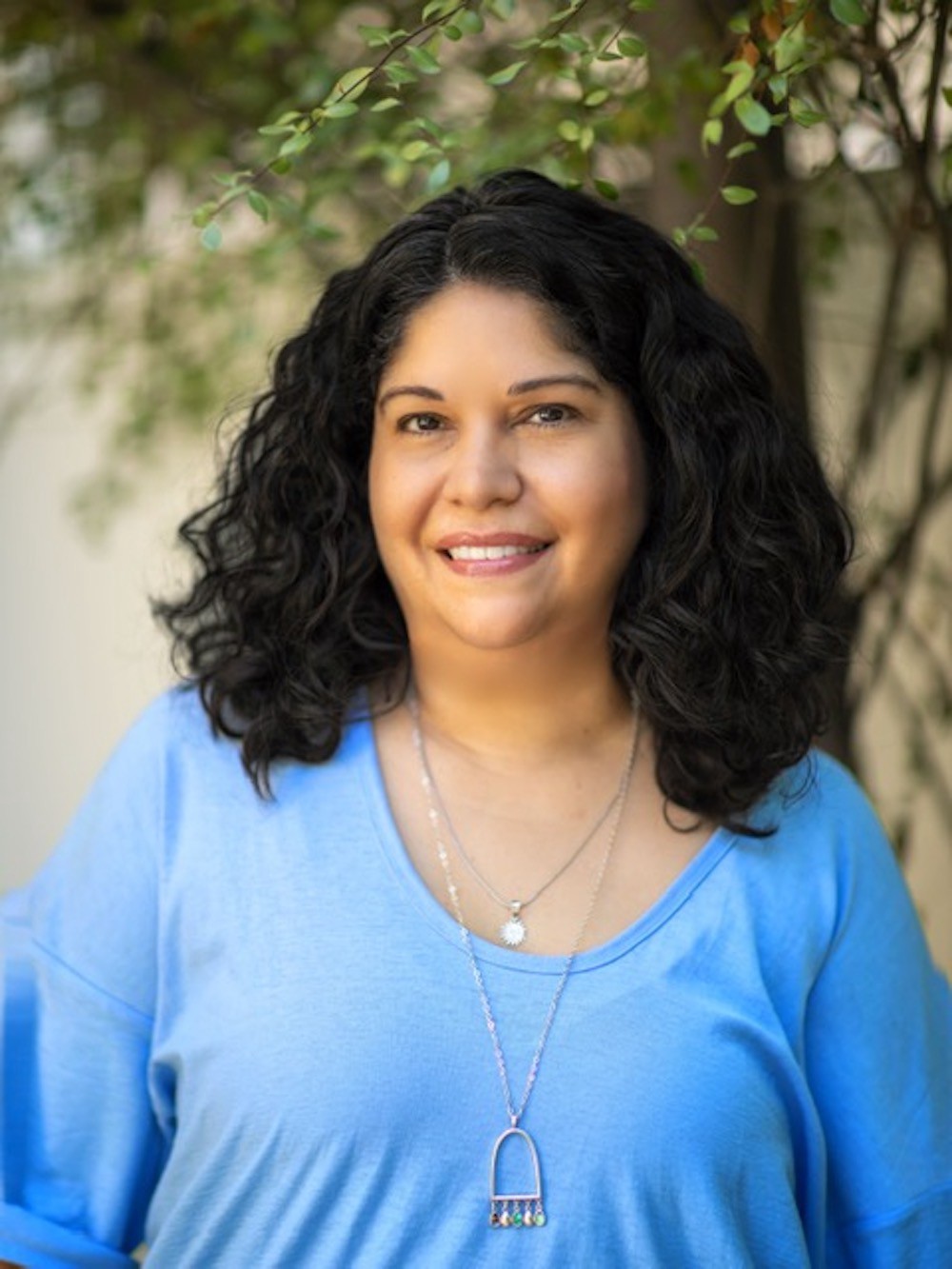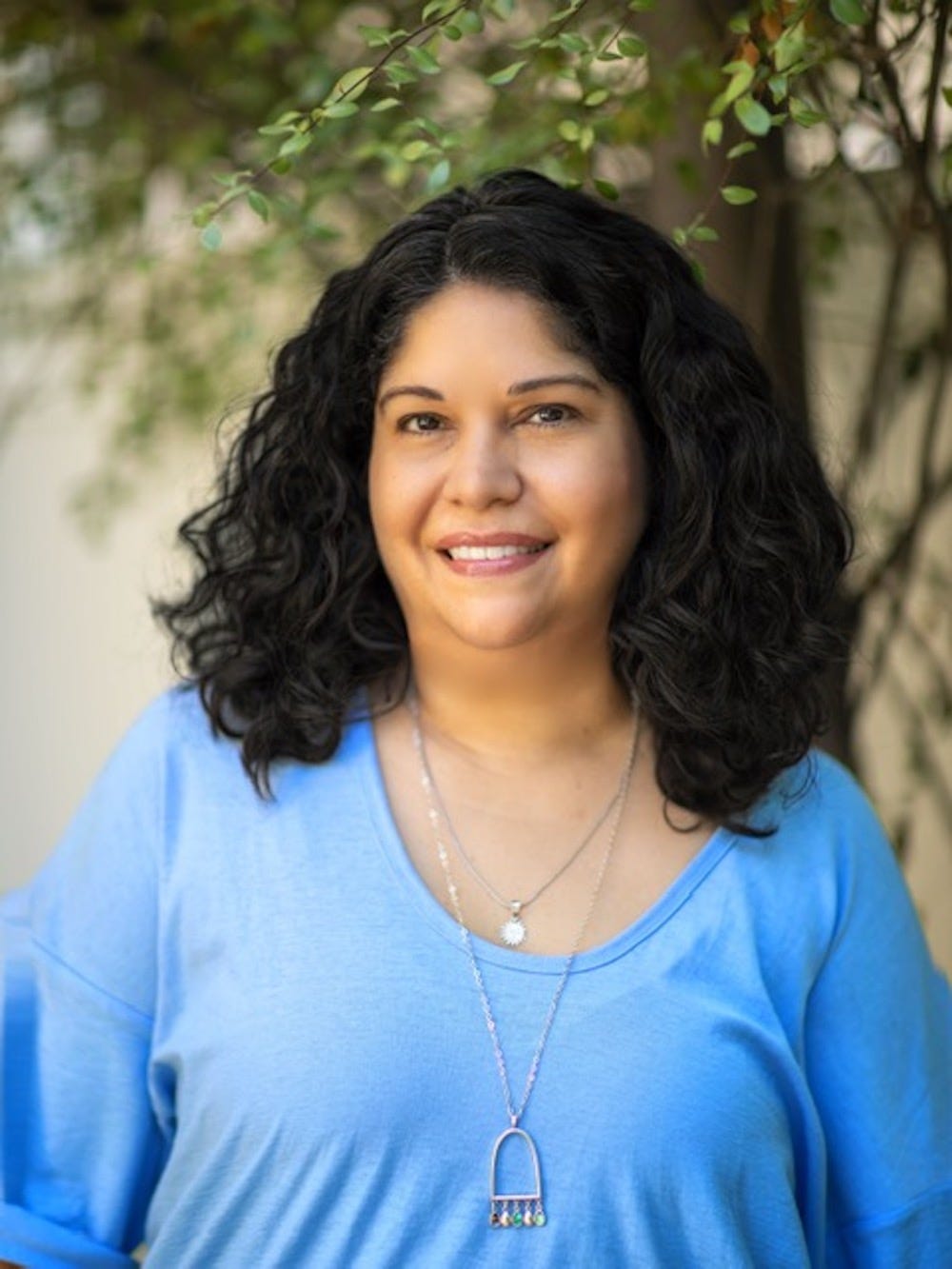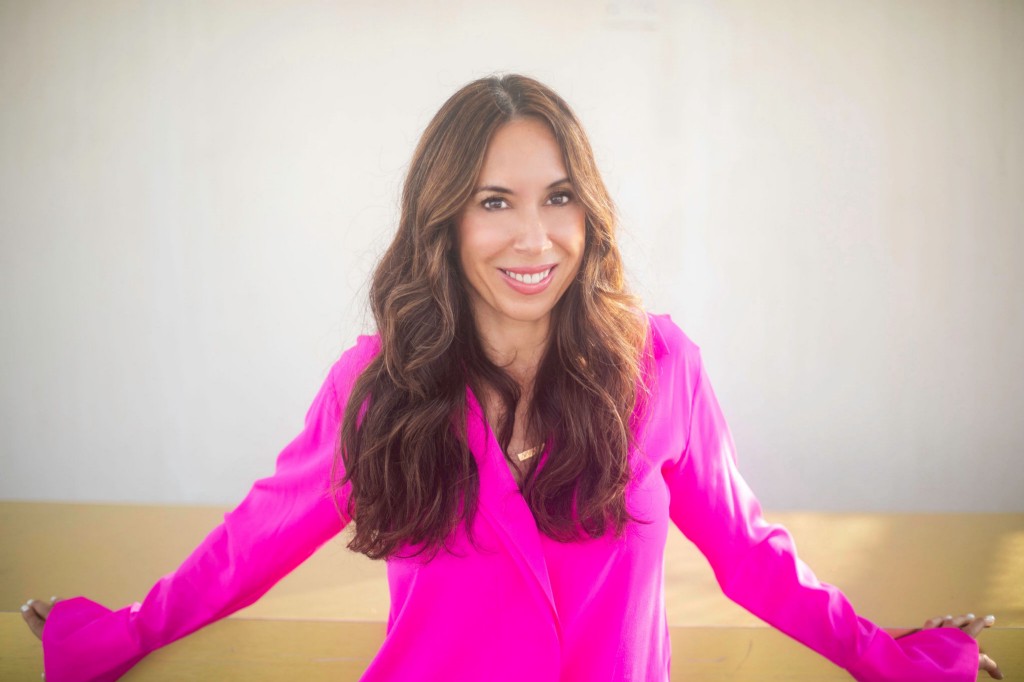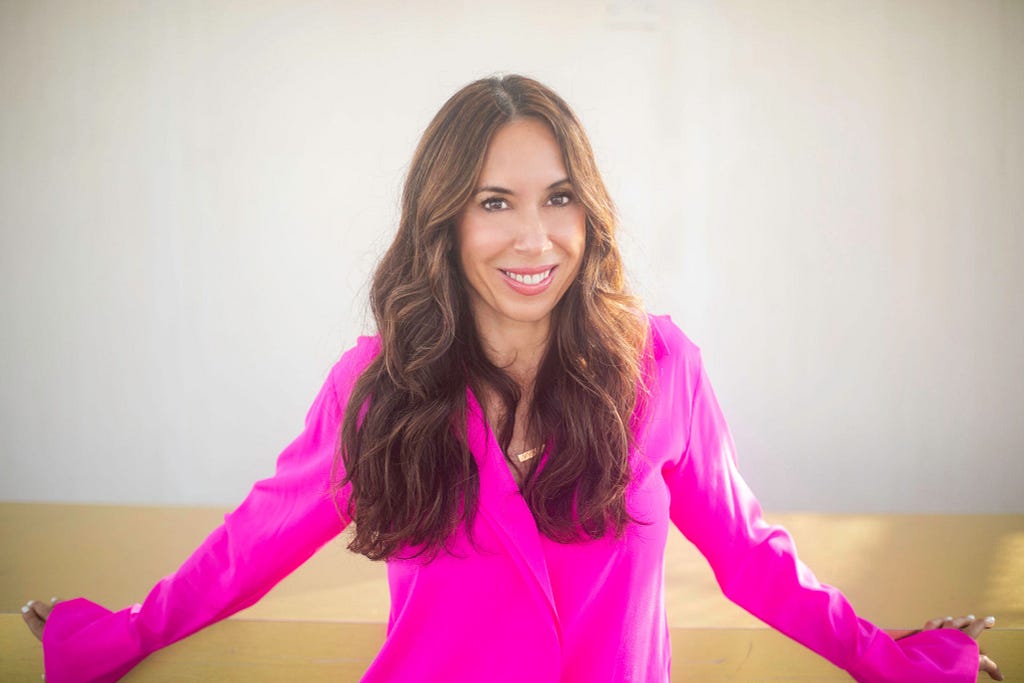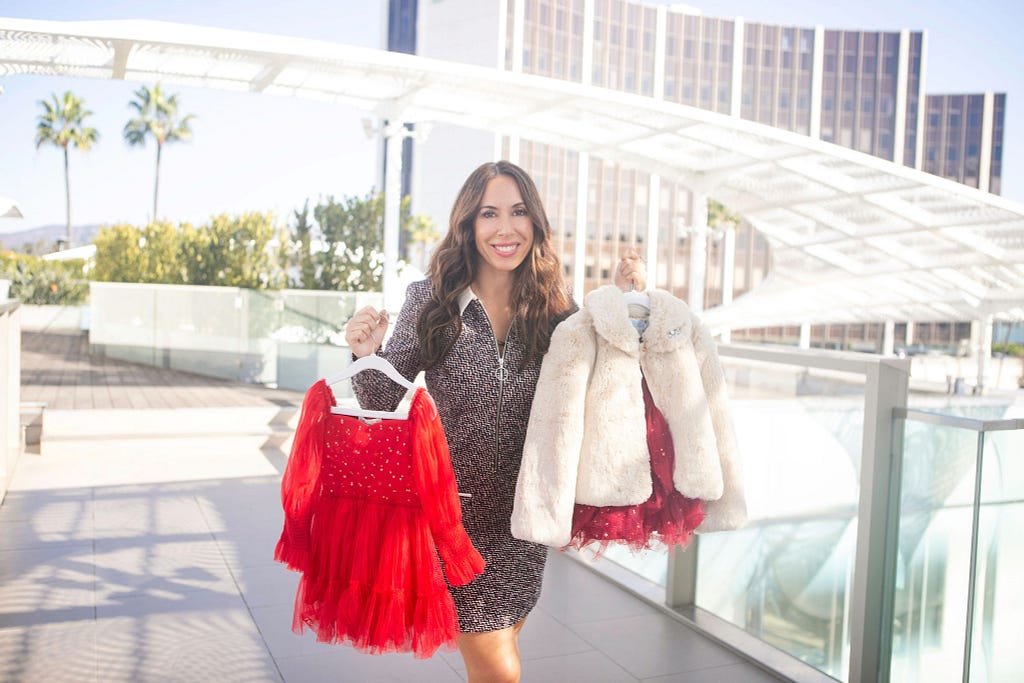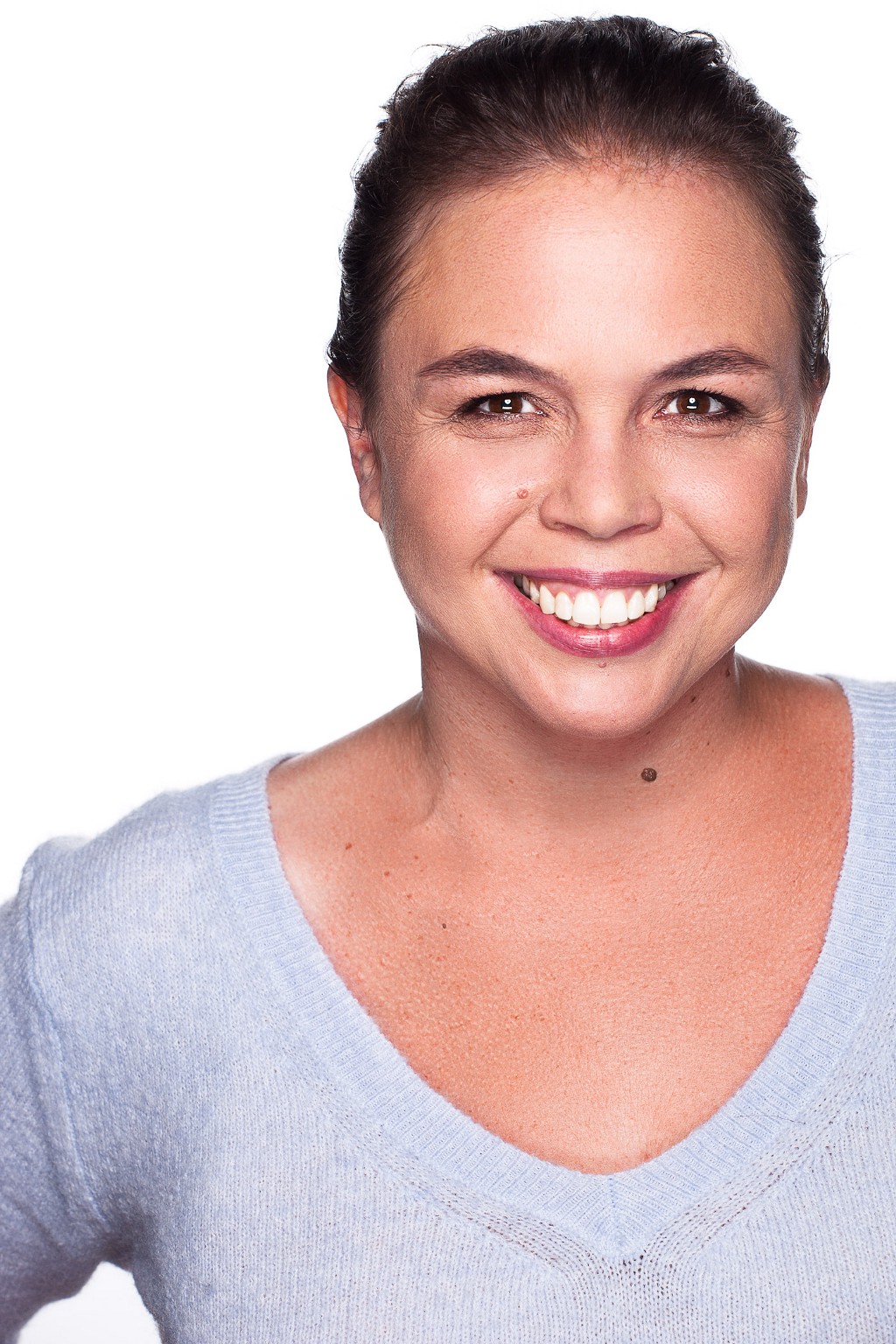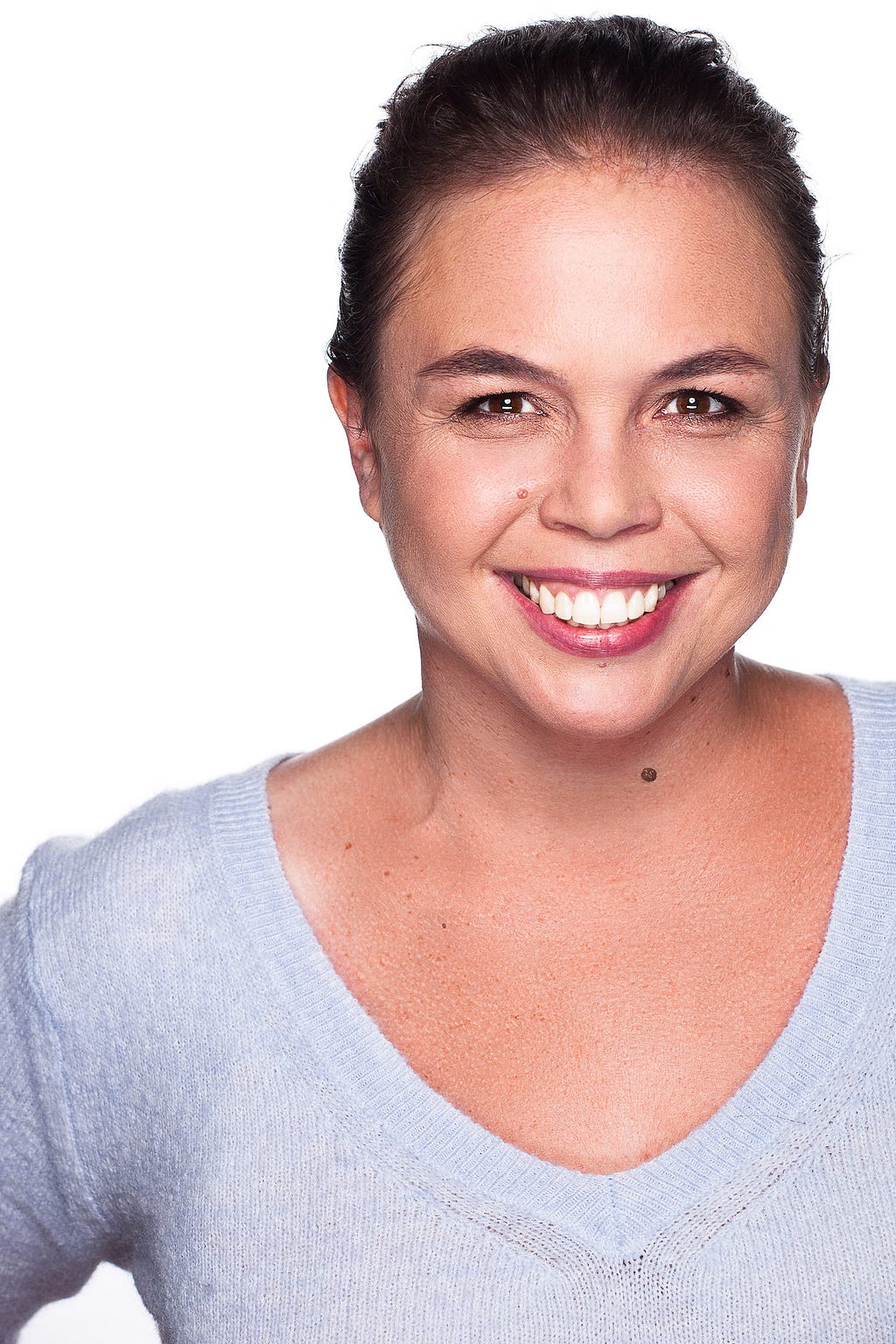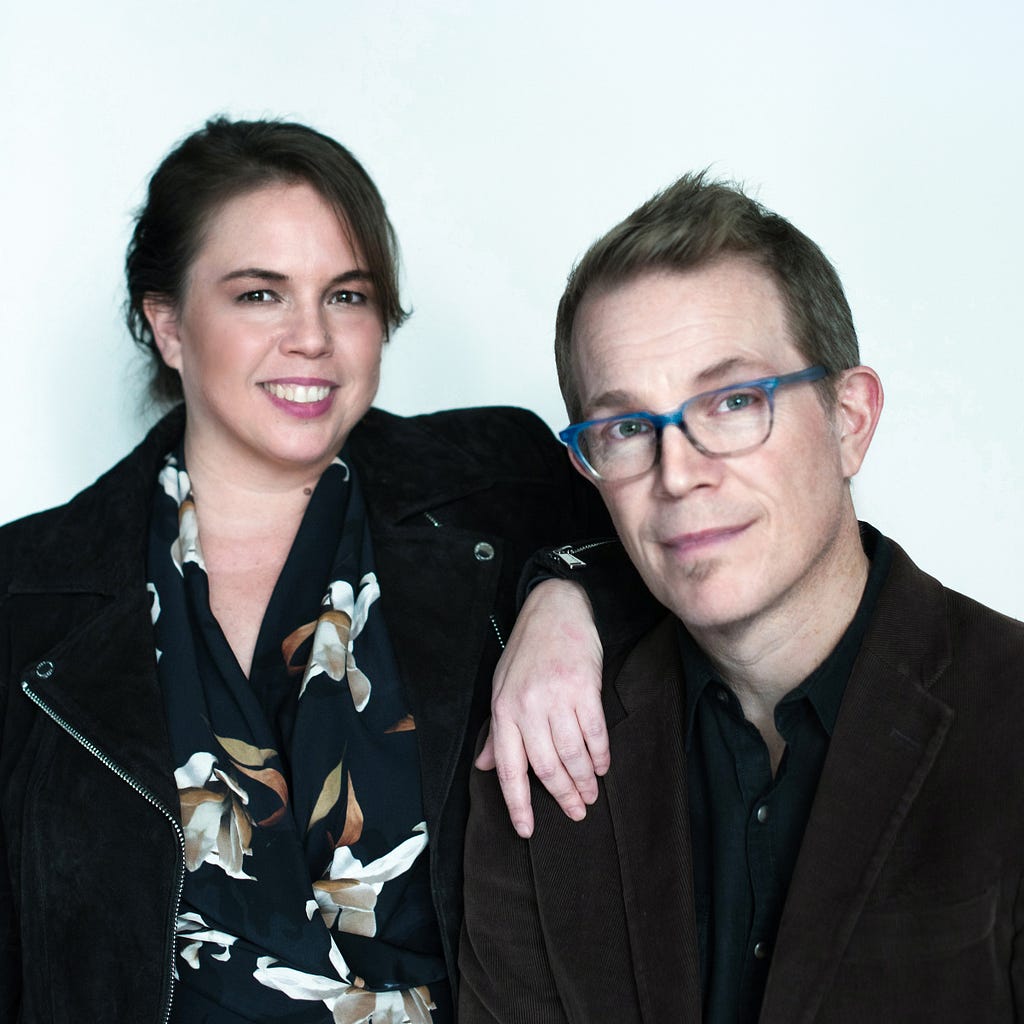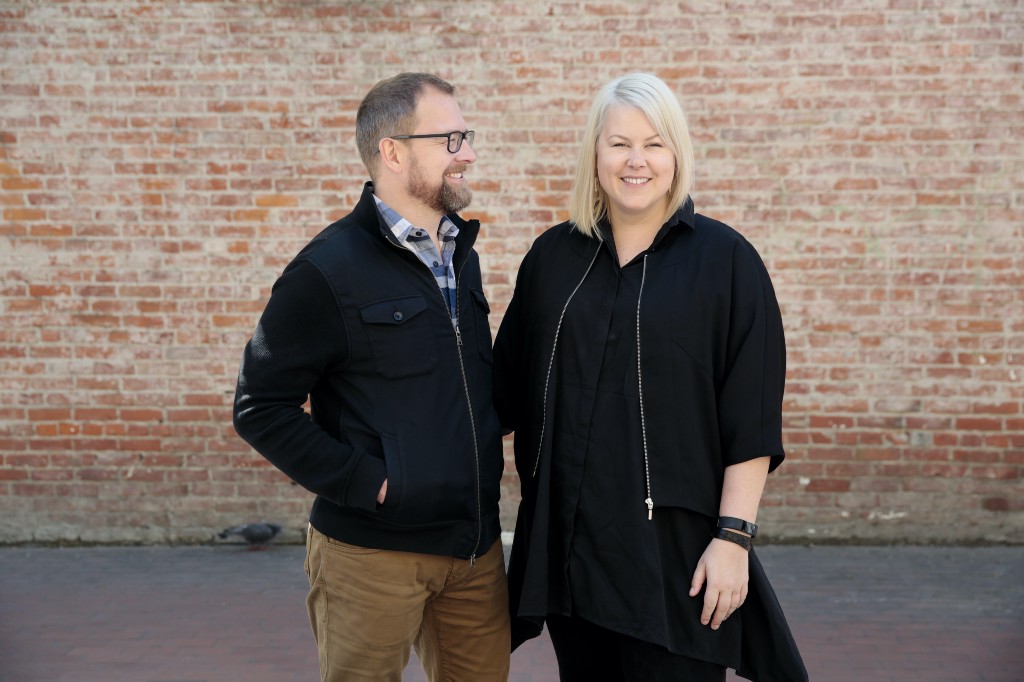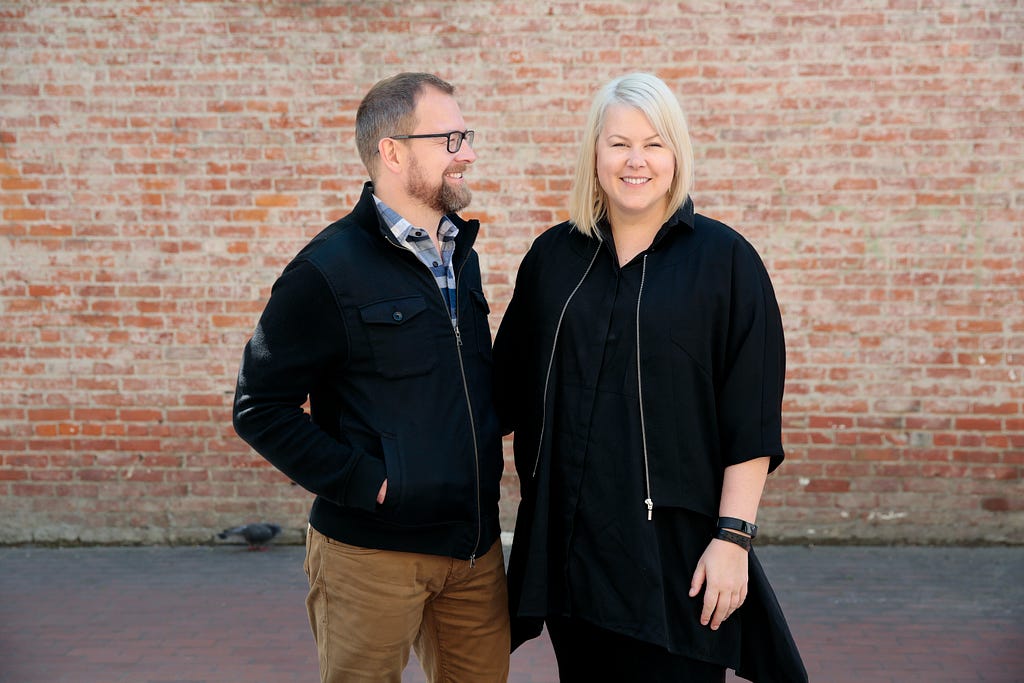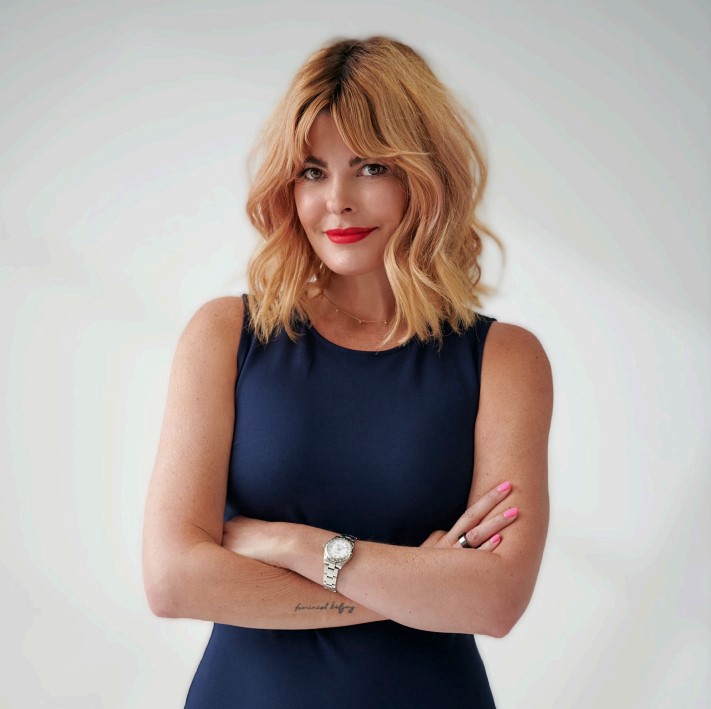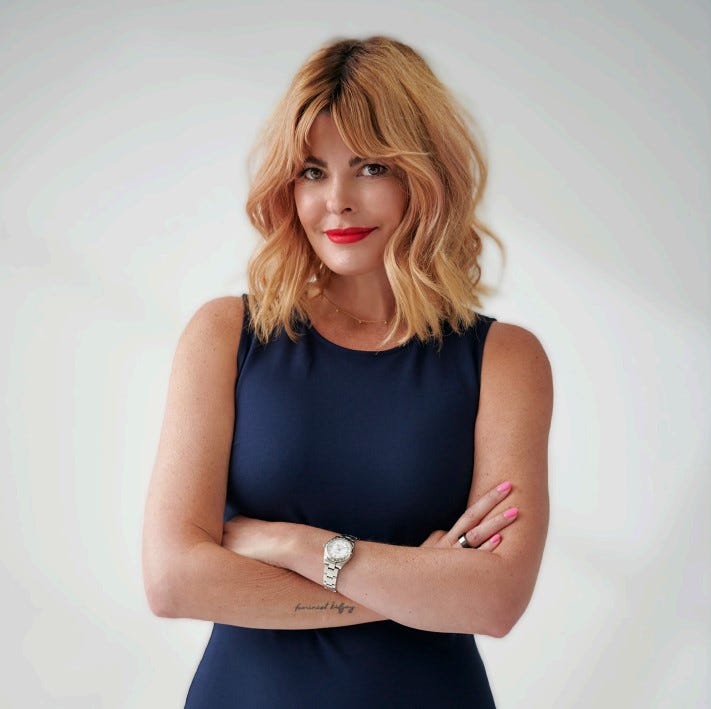Female Founders: Erika Maldonado of Calicia Care On The Five Things You Need To Thrive and Succeed as a Woman Founder
An Interview With Candice Georgiadis
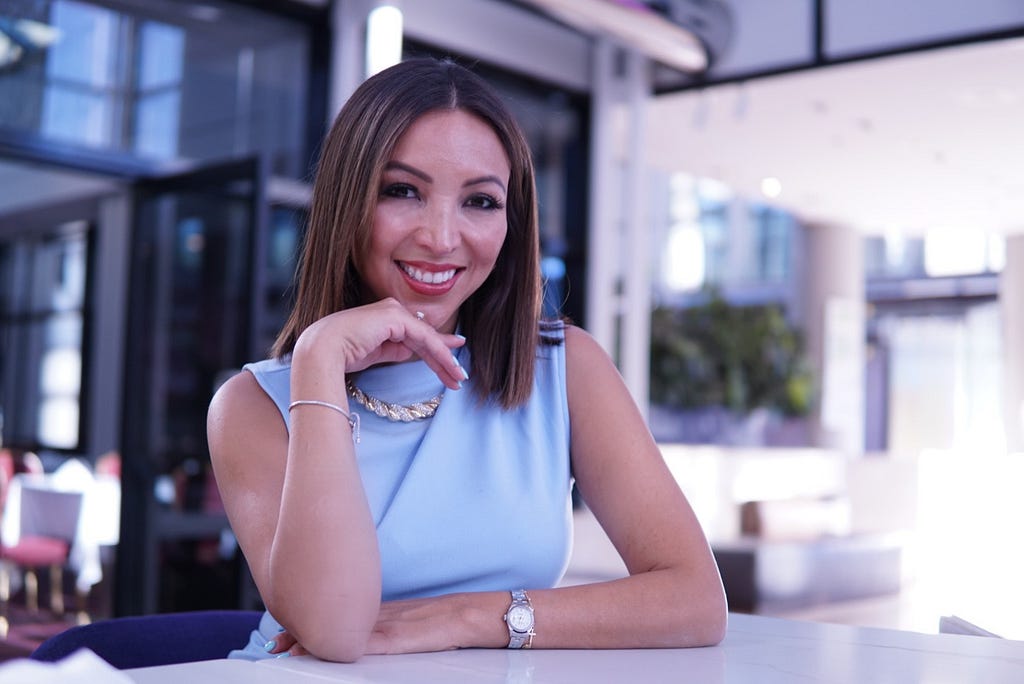
Believe in yourself even when it seems nobody else does. While I do feel lucky to have the support system I do, sometimes it’s just not enough. You have to pull the strength from within and work past any challenges you might face.
As a part of our series about “Why We Need More Women Founders”, I had the pleasure of interviewing Erika Maldonado of Calicia Care.
Two sisters, Lexi Maldonado, RN, BSN and Erika Maldonado, EdD, started a new concept in healthcare, “ritzy recovery,” in Beverly Hills, Calif. Calicia Care offers patients superior 24/7 nursing care as well a myriad luxury services as they heal post-op. A portmanteau of their beloved grandmothers’ first names Carmen and Alicia, Calicia Care’s amenities include limousine transportation to and from the surgery center accompanied by the patient’s own dedicated nurse, a suite at a luxury hotel such as the Beverly Wilshire, private entries and elevators to avoid the gazing eyes of the public and a great number of other, more unusual services to meet their unusual demands as one of the few such businesses in the nation devoted to serving this rarified, affluent patient base.
Thank you so much for doing this with us! Before we dig in, our readers would like to get to know you a bit more. Can you tell us a bit about your “backstory”? What led you to this particular career path?
My backstory begins with having earned a Masters degree in Learning Technologies and a Doctorate in Educational Change and Leadership then I started my career at an education technology company where I pursued my passion of creating meaningful online experiences for learning. And, when I accepted that position at the company it was a start-up. I absolutely fell in love with the bootstrap environment and became very comfortable with being uncomfortable…that is making something out of the unknown. After being with the company for some time, it went public and it was an amazing experience being there at that time. I had never experienced anything like I did there where the company grew from just a few employees to well into the thousands. I witnessed, firsthand, the IPO and it being listed on NASDAQ. It was so inspiring, in fact, that it laid the groundwork for pursuing my ambition to launch my own company. I learned so much from the top leaders of the company as it grew exponentially due to their great leadership abilities and overall capabilities. This intensified my desire to break out, follow in their footsteps and make my own mark in the business world, but I just wasn’t sure what kind of company to launch. Fast forward a few years and my sister, Lexi, had been a nurse for a long time and she was working in post-op care with celebrities and a very upscale clientele. She was constantly talking about how she was having such a great time doing it, how clients loved her, how doctors loved her, and she would also sometimes vent her frustrations about how her company and others like it were not living up to their potential. There was so much room for improvement in the field that it started my wheels turning even though I had been involved in the healthcare arena before. But I was intrigued nonetheless as starting my own business in this field would not only be lucrative but it would make a positive difference in people’s lives. From the moment of conception things have moved at breakneck speed for us. My sister and I named the company in honor of our grandmothers, Carmen and Alicia so Calicia Care was born. It’s been particularly rewarding as I have been able to integrate my knowledge of technology, business, and education and create a business that holistically addresses the post-op needs of patients.
Can you share the most interesting story that happened to you since you began leading your company?
Our very first patient was someone who was having surgery by famed plastic surgeon Paul Nassif, M.D. from the hit reality show, “Botched.” I thought that was so cool, because we were just starting out and the patient did not want her post-op care from a company Dr. Nassif suggested, but chose our service instead. She opted for Calicia Care because she was seeking a service with top-notch care and was Latin and female owned and operated. She found us via the social media content that we had been posting in preparation of opening our doors. It emphasized our unique amenities and experienced staff. She herself was a Latina and acclaimed in her field. It was also pretty exciting because Dr. Nassif actually has a velvet red rope in front of his offices and one must be personally granted access — very exclusive.
Can you share a story about the funniest mistake you made when you were first starting? Can you tell us what lesson you learned from that?
Yes! Our branding consultant and I spent a tremendous amount of time perfecting our logo. Our name is meaningful to us because it represents the matriarchs of our family and I also wanted our colors to engender a certain “vibe.” After much back and forth, we finally came up with something really beautiful. But before making our final decision, we did our due diligence and took a deep dive into what the competition branding was like. That’s when we came upon a logo that was very similar to the one we were contemplating. Needless to say, we went back to the drawing board and started all over again.
None of us are able to achieve success without some help along the way. Is there a particular person who you are grateful towards who helped get you to where you are? Can you share a story about that?
My grandmama, Alicia Garrido, who just recently passed away, was a huge inspiration to me. She lived with our family and helped raise my sisters and me. She was strong, stern, kind, warm, and also one of my biggest supporters. She was always very frank…she said what was on her mind and did not hold back. I often reflect on the sacrifices that she made as a single mother who immigrated from Ecuador with my mom in tow. She lived a tough life — her mother, brother and sister all died before she was 25 — but she was indomitable…no matter what challenges she faced, she met them head-on, learned important life lessons and forged ahead. I so admire her and try to emulate her.
Ok, thank you for that. Let’s now jump to the primary focus of our interview. According to this EY report, only about 20 percent of funded companies have women founders. This reflects great historical progress, but it also shows that more work still has to be done to empower women to create companies. In your opinion and experience what is currently holding back women from founding companies?
Being scared of the unknown and not having the confidence to pursue what dreams they may hold dear. In my experience, especially in the corporate world, men intrinsically have the confidence to speak out — sometimes even when they are not masters of that subject. So, being a woman and wanting to do something like starting a business takes guts and the ability to stay focused.
Can you help articulate a few things that can be done as individuals, as a society, or by the government, to help overcome those obstacles?
Shift the focus entirely when it comes to asking women about their goals. As soon as I got married, I was constantly being asked when I was intending to start a family. This despite them knowing that I am a Latina with a doctorate. I love kids and I want them someday, but being who I am and having the education that I worked so hard for is a big part of who I am and I’m proud of it. Maybe 1% of female Hispanics can call themselves doctor yet my educational accomplishments were oftentimes dismissed or overlooked. It’s time for society to recognize the growing achievements of women and women of color, in particular. I like to say that before asking a woman when she plans to start a family, ask her husband.
This might be intuitive to you as a woman founder but I think it will be helpful to spell this out. Can you share a few reasons why more women should become founders?
Why not? There are so many entrepreneurial stories shared by men and you know why? Because they just do it. There’s no reason in the world not put your dreams into action. The only thing that holds us back are our fears and inhibitions. So embrace your dreams and go for it.
What are the “myths” that you would like to dispel about being a founder? Can you explain what you mean?
I think being a founder of a business can seem luxurious and glamorous from the outside. But, it’s not all that. Sometimes my day is filled escorting my patients, picking up their prescriptions, taking care of business for them and other mundane duties. While these aspects of my business are not “glamorous,” they are necessary for running a successful business.
Is everyone cut out to be a founder? In your opinion, which specific traits increase the likelihood that a person will be a successful founder and what type of person should perhaps seek a “regular job” as an employee? Can you explain what you mean?
Anyone can be a founder but you won’t get far without grit. You need to have grit. It’s one thing to have an idea for a business, thoughts, dreams etc. But, it’s completely different to actually do it. And, having grit means you do just that…even on the days that are hard, even when you want to give up, and especially when you don’t feel like every single person around you is doing their best to support you.
Ok super. Here is the main question of our interview. What are your “5 Things I Wish Someone Told Me Before I Started” and why? (Please share a story or example for each.)
Believe in yourself even when it seems nobody else does. While I do feel lucky to have the support system I do, sometimes it’s just not enough. You have to pull the strength from within and work past any challenges you might face.
Get comfortable with the unknown. There is no single blueprint for running a successful business, even businesses that resemble your own. So, get ready to face the unknown and get excited about where that journey takes you.
Be prepared for unexpected costs and build a reserve to help you overcome any challenges you may not have been prepared to face. Know that you are going to incur costs ranging from acquiring a business license to retaining legal advice.
Just do it! Don’t be daunted when you feel less than confident about a matter. Go for it and move on.
Be prepared to lose some people in your life. I made the decision that those who didn’t support me or tried to make me feel insecure about my abilities had to go. I recommend taking a tally of those around you who truly add value to your life and holding on tight to them.
How have you used your success to make the world a better place?
We are opening society’s eyes to the world of post-op care. Currently, most of our business is helping plastic surgery patients. And we’re finding that Calicia Care is not just for celebrities and the rich and famous. It’s for the mom who wants to rejuvenate herself after having 2, 3, 4 kids. It’s for the 70-year-old woman who is undergoing a breast reduction to finally relieve the back pain that having large breasts has caused her. It’s for the gentleman who undergoes a facelift to gain a new lease on life.
You are a person of great influence. If you could inspire a movement that would bring the most amount of good for the greatest number of people, what would that be? You never know what your idea can trigger.
My movement would be Carpe Diem. Life is short and you never know what’s going to happen. We may as well make the best of it and take chances, take risks, do anything that we have to do to make dreams a reality.
We are very blessed that some very prominent names in Business, VC funding, Sports, and Entertainment read this column. Is there a person in the world, or in the US with whom you would love to have a private breakfast or lunch with, and why? He or she might just see this if we tag them.
I adore Shakira. She speaks several languages, had a successful media career, is an extraordinary performer, and manages several businesses while giving back to her community.
Thank you for these fantastic insights. We greatly appreciate the time you spent on this.
Female Founders: Erika Maldonado of Calicia Care On The Five Things You Need To Thrive and Succeed… was originally published in Authority Magazine on Medium, where people are continuing the conversation by highlighting and responding to this story.


